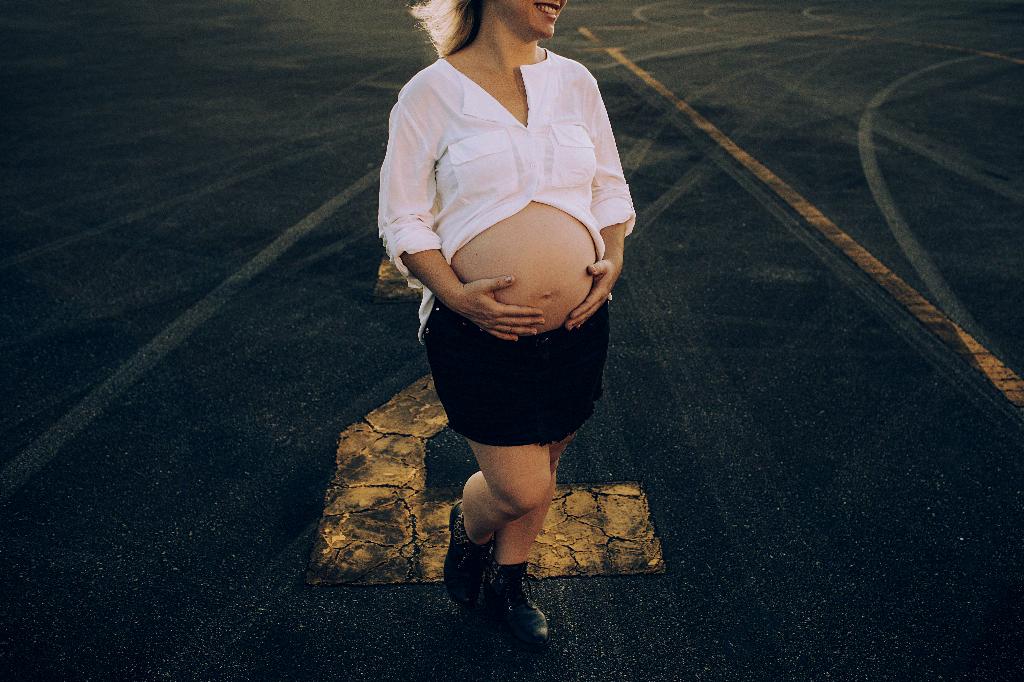Chemical pregnancies can be a difficult experience for individuals trying to conceive, raising questions about fertility following such a loss. Research suggests that there is a silver lining when it comes to fertility after a chemical pregnancy. In fact, studies have indicated that individuals may actually be more fertile following a chemical pregnancy compared to those who have not experienced one.
Exploring the Research Findings
A study conducted on this subject discovered an interesting trend. Individuals who attempted to conceive within three months of a chemical pregnancy were found to have a 17% higher likelihood of achieving pregnancy and having a live birth compared to those who waited longer before trying again. These findings may provide some reassurance to individuals navigating the complexities of fertility after a chemical pregnancy.
The Impact of Emotional Well-Being
Emotional well-being often plays a crucial role in the fertility journey. Following a chemical pregnancy, individuals may experience a range of emotions, including grief, sadness, and anxiety. It is essential to prioritize mental health during this time, as stress and emotional turmoil can impact fertility. Seeking support from loved ones or a counselor can be beneficial in promoting emotional well-being and potentially enhancing fertility outcomes.
Factors Influencing Fertility
Various factors can influence fertility after a chemical pregnancy, including age, overall health, and underlying medical conditions. Age can play a significant role in fertility, with individuals over 35 facing potentially reduced fertility compared to younger individuals. It is essential to consult with a healthcare provider to assess individual fertility factors and develop a personalized plan moving forward.
Timing and Patience
Timing is another crucial aspect to consider when it comes to fertility after a chemical pregnancy. While the study mentioned earlier indicated a potential increase in fertility within three months following a chemical pregnancy, it is equally important to allow oneself time to heal emotionally and physically before attempting to conceive again. Patience is key in the fertility journey, as rushing the process may lead to added stress and strain.
Supporting Fertility Through Lifestyle Changes
Implementing lifestyle changes can also support fertility after a chemical pregnancy. Maintaining a healthy diet, engaging in regular exercise, managing stress levels, and avoiding harmful habits such as smoking and excessive alcohol consumption can positively impact fertility. Consulting with a healthcare provider or a fertility specialist can provide insights into specific lifestyle modifications tailored to individual needs.
Professional Guidance and Treatment Options
For individuals facing challenges with fertility after a chemical pregnancy, seeking professional guidance and exploring treatment options can offer hope and support. Fertility specialists can conduct assessments to identify potential issues impacting fertility and recommend appropriate interventions. Options such as fertility treatments, including intrauterine insemination (IUI) or in vitro fertilization (IVF), may be considered based on individual circumstances.
Maintaining Hope and Resilience
It is essential to maintain hope and resilience throughout the fertility journey, especially after experiencing a chemical pregnancy. While the road to conception may present challenges, staying positive and resilient can help navigate the ups and downs of the process. Connecting with support groups or individuals who have had similar experiences can provide valuable encouragement and solidarity.
Embracing Self-Care and Well-Being
Self-care and well-being are integral aspects of the fertility journey. Taking time to prioritize self-care activities that promote physical and emotional well-being can contribute to overall health and potentially enhance fertility. Engaging in activities such as yoga, meditation, or hobbies that bring joy and relaxation can help reduce stress levels and create a supportive environment for fertility.
Partner Support and Communication
Open communication and support from partners are vital components of the fertility journey. Sharing feelings, concerns, and hopes with a partner can strengthen the bond and mutual understanding during challenging times. Together, navigating the highs and lows of the fertility process can foster resilience and unity in the journey towards conception.
Conclusion: Navigating Fertility After a Chemical Pregnancy
In conclusion, fertility after a chemical pregnancy is a complex and sensitive topic that may evoke various emotions and uncertainties. However, research findings suggest that individuals may exhibit heightened fertility following a chemical pregnancy within three months. Prioritizing emotional well-being, seeking professional guidance, implementing lifestyle changes, and maintaining hope and resilience are crucial aspects of navigating fertility after a chemical pregnancy. By fostering a supportive environment, practicing self-care, and communicating openly with partners, individuals can embark on the fertility journey with optimism and determination.

